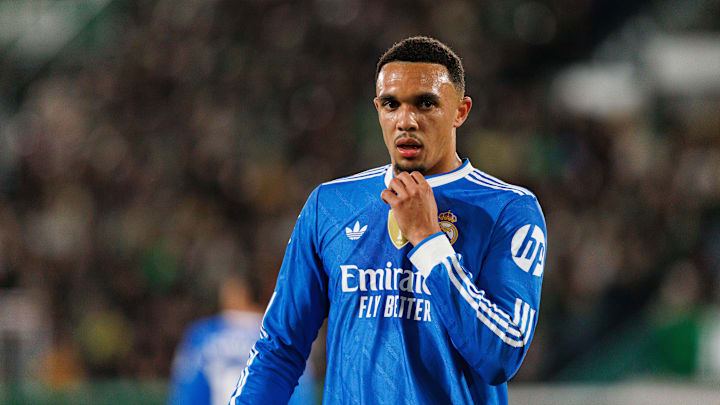Real Madrid opened an unprecedented chapter in its history by announcing plans to change its ownership model to allow external investment, something that hasn’t happened since 1902. The proposal, presented by Florentino Pérez to the club’s members in Valdebebas, could reshape how the institution operates off the field and has the potential to influence European soccer on a large scale. It’s no exaggeration to say that, regardless of what happens in the Champions League match against Olympiacos, this institutional move has stolen the spotlight in Madrid this week.
A Real Madrid under global pressure decides it’s time to reinvent itself
Florentino isn’t known for taking small steps, and this time he made it clear that the club spent the past year studying ways to increase its value without breaking away from the member owned structure that makes Real Madrid an exception in modern soccer. The idea presented to the members is the creation of a subsidiary company with a minority investor, something around 5 percent of the shares, while keeping full control in the hands of nearly 100,000 socios.

According to Pérez, this model would allow the club to identify its true market value while protecting it from external interference. He stressed that Real Madrid doesn’t intend to go public and that any investor will need to share the club’s values. In other words, it’s not just about raising money but choosing a partner capable of helping shield the institution from political, economic and sporting pressures.
Approval, however, won’t come easily. The project must first pass through an extraordinary assembly with about 2,000 delegate members. Only then, if approved, can it move to a referendum involving all members over the age of 18. Florentino knows that touching the club’s structure is stepping into sensitive territory, so he’s trying to balance tradition and necessity while repeating that “Real Madrid will continue to be a club owned by its members.”
Criticism, internal tension and a model that could transform the market
During his address, Pérez once again targeted his usual adversaries. He criticized Javier Tebas, president of La Liga, accusing him of acting “clandestinely” to change laws and allow the league access to a bigger share of Real Madrid’s revenue. He also fired at UEFA, Spanish referees and Barcelona, reinforcing the sense that he sees opponents everywhere. For him, this change in the ownership model also works as protection against what he calls “external attacks.”

The proposal will naturally divide opinions. It’s not about turning Real Madrid into a publicly traded company. The structure envisioned by the board is almost hybrid. Each member would own a share with monetary value and the possibility of being passed down, but only to children or grandchildren. This point still needs more detailed explanation in the assembly, since it alters family and patrimonial ties within the club.
Even with this new format, members would continue electing the president and defining statute changes. They wouldn’t receive dividends, which keeps the essence of the associative model intact. The goal is to attract capital, not turn the club into a traditional corporation. Florentino promised to reveal more details in the extraordinary assembly and asked to “avoid speculation.”
While the team tries to recover from the loss to Liverpool and focuses on the match against Olympiacos, Real Madrid is living one of those weeks where off field matters feel bigger than the game itself. And like it or not, Florentino has once again taken control of the conversation, with a proposal that could redefine the club’s future and possibly the future of European soccer.
